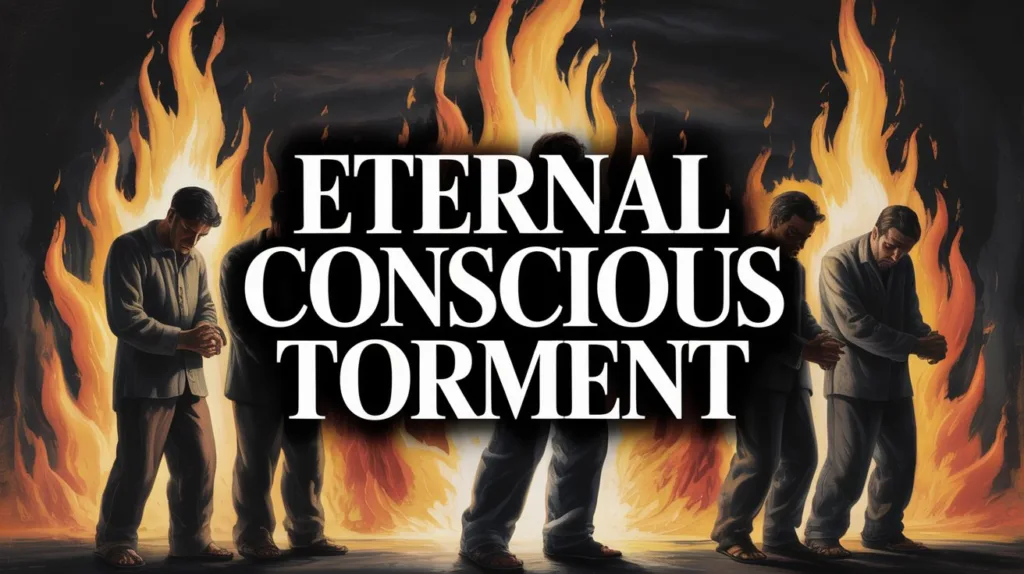Moses was not permitted to enter the Promised Land because he disobeyed God’s specific instruction and failed to sanctify Him before the people. Though he had faithfully led Israel for decades, this act of unbelief and misrepresentation of God’s command brought judgment upon him as a leader.
The key event occurred at Meribah. The people were complaining about water, and God told Moses:
“Speak to the rock before their eyes, and it will yield its water…”
(Numbers 20:8)
Instead, Moses struck the rock in anger:
“Then Moses lifted his hand and struck the rock twice with his rod; and water came out abundantly…”
(Numbers 20:11)
This was not what God had commanded. Moses had previously struck a rock for water at Horeb (Exodus 17:6), but this time he was to speak, not strike. The act misrepresented God’s character, turning His provision into what looked like wrath.
God responded:
“Because you did not believe Me, to hallow Me in the eyes of the children of Israel, therefore you shall not bring this assembly into the land which I have given them.”
(Numbers 20:12)
The judgment was not because of mere frustration. As a leader, Moses failed to uphold God’s holiness and faithfulness before the nation. This breach had serious consequences, even for a man as faithful as Moses.
Despite this, God allowed Moses to see the land from a distance:
“Then the Lord said to him, ‘This is the land of which I swore to give Abraham, Isaac, and Jacob… I have caused you to see it with your eyes, but you shall not cross over there.’”
(Deuteronomy 34:4)
Moses’ exclusion teaches that no one is above God’s standard and that obedience matters deeply, especially for those in leadership.





 Get the book that teaches you how to evangelize and disarm doctrines from every single major cult group today.
Get the book that teaches you how to evangelize and disarm doctrines from every single major cult group today.